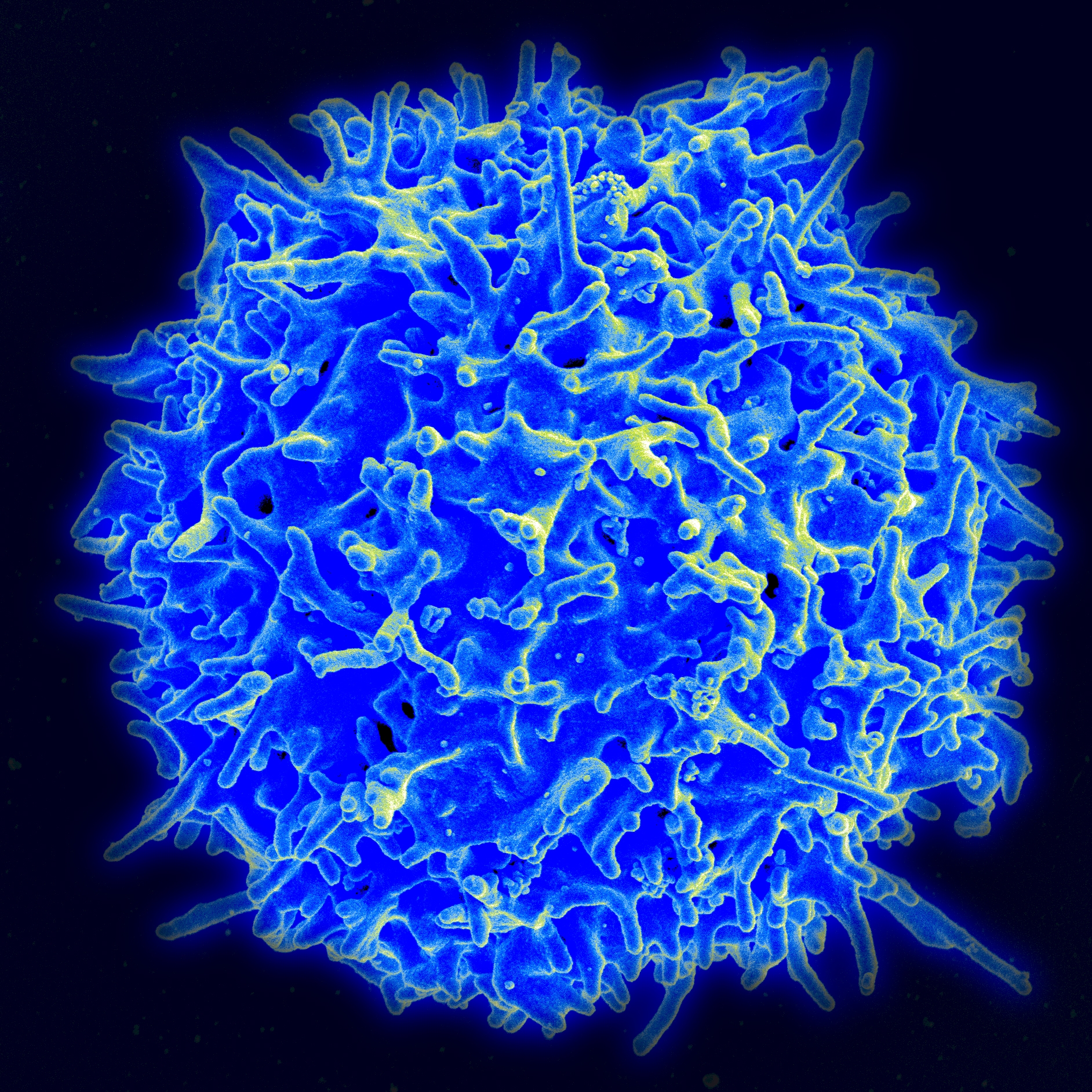I was not used to reading long works in English, back then, thanks to the erstwhile government policy of introducing ABCD from 6th class. Unavailability of any library in school, or anywhere else, added to that.
I bought One Hundred Years in the first Calcutta book fair after I joined uni. I got a Penguin Modern Classics edition at a low price. I did not know, I was buying arguably the most powerful work in the World literature after the WW II.
It was very easy to read. Almost as easy as Alice in the Wonderland – the only other English novel I enjoyed reading until then.
What struck me most, however, were the images. Rarely I had come across a piece of prosaic work where images were born spontaneously. They were like rainbows after rain; or the blow of the wind through the dense leaves of Amazon forest.
It was actually a film unrolling before my eyes. I could not understand that, those days. I was witnessing the coming of modernity to Macondo.
I was, in a way, foreseeing the coming of modernity to Calcutta, to India.
This is why I feel perfectly at ease today with any technological innovation; with any social change ensuing that.
One Hundred Years prepared me for that, years ago.
That was the beginning of a new journey. Frenzied, I found out García Márquez from each nook and corner of every library I would visit.
I enjoyed the gory non-linear narration in Chronicle of a Death Foretold. I followed the life and death of a madman in The Autumn of the Patriarch. I tried to feel the Colonel’s grief who does not get the letter. I wanted Erendira fly away on her large wings like Pegasus.
I read about twenty books – novels, stories, non-fiction and interviews of García Márquez in two months. The only book which I began, but could not cross the first chapter, was The General in his Labyrinth.
That book has remained unread ever since. Maybe now I shall take to that again.
I have not read The Memories of My Melancholy Whores. But, I have seen the film based on that.
I sense I have to read that now.
I discovered García Márquez over a decade and a half back. He never stopped writing in these years.
I do not know what is magic realism. But, I believe human mind cannot imagine anything which does not exist anywhere. Very few can, however, see the real, uncovering the veil of gross habit that we call reality.
Some people get glances of that, and call that fantasy. Rarely a mind enquires so much that it pushes through.
.
In my childhood, Bibhutibhshan took us to that playground. Carl Sagan’s Cosmos and Feynman’s writings made me an untrained visitor to the game.
Gabriel García Márquez inspired me to stay back, and embrace it, forever.

+(2).jpg)

